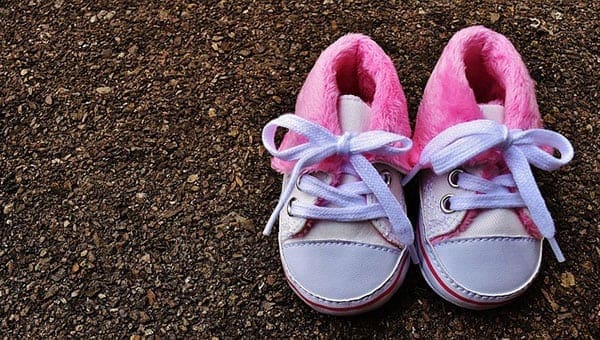By Juliet Guichon,
Barry Stevens
and Ian Mitchell
Contributors
The federal Assisted Human Reproduction Act is under attack by people who want to make it legal to buy ova, sperm and gestational capacity. Demand for babies is higher than supply and those who earn a living through the transactions aren’t happy.

Juliet Guichon
Incorrectly claiming that the act “criminalizes women’s bodies” and suggesting that Canada should be more like the United States (which does not have universal healthcare and where some states permit markets for babies), they argue that the act is outdated.
Yet Health Canada has only recently developed the act’s regulations, which will soon be made public. Critics should wait for the statute that had all-party support to come fully into effect.
Not only is criticism premature, it’s misguided. Like prostitution law, the act is respectful of women. Women can sell sexual and reproductive services and tissue if they want; brokers and purchasers break the law.
The government accepts that the sexual and reproductive abilities of women are central to their personhood. It’s wrong for others to exploit these abilities for their personal gain.
Of course, raising a family, having a child and then grandchildren are also central to one’s personhood. The stories of people who long to rear children but can’t are heartbreaking.
But let’s not forget that most people behind a proposal to amend the act are in conflicts of interest. They include fertility lawyers, fertility brokers and the association of physicians who attempt to overcome infertility or the infertile nature of same-sex relationships. They succeed if parliamentarians agree that the most important public policy goal is to help increase the supply of gametes and babies traded.
Yet the act requires members of Parliament to focus not on adults but on the children whom adults are working to bring to life. The act places the highest priority on the health and well-being of children of assisted reproduction; they’re the most affected for the longest time.
So the question for parliamentarians is not “What do adults want?” but rather “What do children need?”

Ian Mitchell
Generally speaking, children need to know their genetic parents and to have access to their social, medical and cultural history.
The infertility industry is not focused on such interests. Commissioners, their lawyers and doctors often collude to buy an egg from one woman and the gestational capacity of another, so that the gestational carrier will not ‘bond’ with her fetus. Imagine being told that the women who participated in your procreation will not stand by you through infancy, childhood and adolescence – and that this was the plan all along.
Children of adoption and adult offspring of reproductive technology have already told us that they suffer if they can’t know their origins. Yet at least adoption law requires the creation, storage and updating of information concerning the identity of the genetic parents, and the social, cultural and medical history of the child. Adoptees have access to this documentation and certain provinces help facilitate meetings with the birth parents.
The infertility industry was never established to perform such vital functions; it doesn’t create, store nor make current information that offspring consider vital. On the contrary, the industry generally regards the child as having the duty of gratitude for being brought to life.
Even if the offspring are grateful for their lives, they remain entitled to criticize the process. (For example, a child resulting from a rape might be glad to be alive but may condemn how she was conceived.) Legal and medical professionals who help create children while conspiring to hide who they come from should not claim that the means of hiding the truth justify the end of creating a family.
Parliament should work with provinces and territories to grant children of assisted reproduction the same rights as adoptees. And the infertility industry should accept that, from the child’s perspective, both buyers and sellers of gametes and gestational capacity are in fact related to them, if not also seen by the child as part of her family.
Critics focus on the alleged unfairness of not permitting women to monetize their reproductive capacity and the plight of people longing for children. Discounted is the respect paid by the act to women; hidden are the financial interests of industry actors; and missing almost entirely is concern for the interests of children.
The Assisted Human Reproduction Act laudably puts children’s interests first. It’s time we all did.
Juliet Guichon and Ian Mitchell are faculty members of the University of Calgary Cumming School of Medicine. Barry Stevens, a Toronto-based filmmaker, was donor conceived and has campaigned for the right and ability for donor offspring to know their origins. They are editors and/or contributors to the book The Right to Know One’s Origins: Assisted Human Reproduction and the Best Interests of Children, Academic and Scientific Publishers.
The views, opinions and positions expressed by columnists and contributors are the author’s alone. They do not inherently or expressly reflect the views, opinions and/or positions of our publication.



